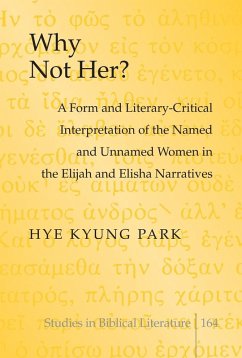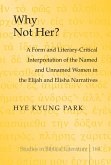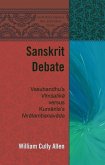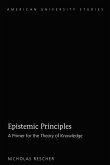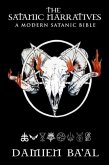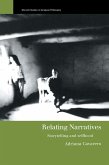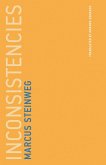These female figures and presences include the Zarephath woman in 1 Kings 17:8-24, twenty-nine third-person feminine verbs to emphasize the Shunammite woman's frequent appearances in 2 Kings 4:8-37, the Israelite girl as a prophetess in 2 Kings 5, and the Shunammite woman's return in 2 Kings 8:1-6. Even though the various women in 1 Kings and 2 Kings have not been named throughout the biblical traditions, their presence and actions were crucial for advancing the prophetic narratives concerning Elijah and Elisha. Indeed, the women are crucial to the Elijah and Elisha narratives, both in terms of advancing the plot of the narratives and defining the roles of the prophets presented within.
Dieser Download kann aus rechtlichen Gründen nur mit Rechnungsadresse in A, B, BG, CY, CZ, D, DK, EW, E, FIN, F, GR, HR, H, IRL, I, LT, L, LR, M, NL, PL, P, R, S, SLO, SK ausgeliefert werden.
(R. S. Sugirtharajah, Emeritus Professor of Biblical Hermeneutics, University of Birmingham)
«Hye Kyung Park's study on the named and unnamed women in the Elijah and Elisha narratives of the Hebrew bible is a landmark study that demonstrates the crucial role played by women in these texts. Although women are frequently rendered silent and invisible by past scholarship on these narratives, Park's analysis demonstrates that the women characters play a crucial role in driving the plot and defining the prophetic roles and functions of the male prophets in these texts. In doing so, she gives voice to the previously hidden women in these narratives. Her study serves as a model for the treatment of women characters in the biblical narratives, as well as the roles of women in the contemporary contexts of the Church and modern society.»
(Marvin A. Sweeney, Claremont School of Theology and the Academy for Jewish Religion, California)
«Hye Kyung Park's book clearly builds on literary-historical research by German and American scholars on the women associated with Elijah and Elisha. Park correctly identifies the problem of misogyny in the editions of the DtrH and in later scholars' research by examining the significance of the named and unnamed women in 1 and 2 Kings. Her book is an insightful and methodologically grounded monograph, which makes readers aware of the voices of the women whose identity has been overlooked in biblical and theological scholarship. I heartily recommend Park's book as a means to appreciate the roles and importance of the women characters in the study of Elijah and Elisha narratives.»
(Kyung Sook Lee, Emerita Professor of the Old Testament,
Ewha Womans University, Seoul, South Korea)

